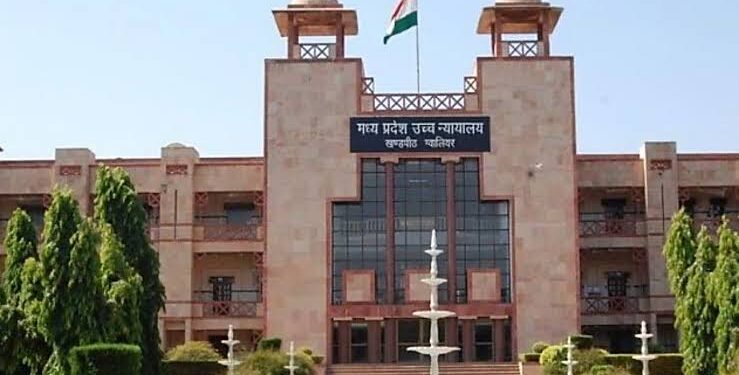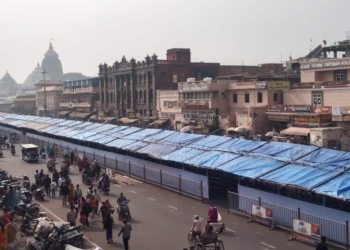In a rare and strongly worded critique, the Madhya Pradesh High Court has likened the relationship between the state’s higher judiciary and district courts to that of “feudal lords and serfs,” calling for deep introspection into the prevailing judicial hierarchy.
Justice Atul Sreedharan, while ruling on the wrongful termination of a Special Judge (SC/ST Court), observed that the existing system fosters fear, submission, and psychological subjugation, eroding the very foundation of justice.
Key Observations of the Court:
-
District Judges often act under constant fear of displeasing High Court judges, resulting in cautious and sometimes unjust decisions.
-
Practices such as district judges receiving high court judges at railway stations and waiting on them with refreshments were described as “colonial decadence” reinforcing a “sense of entitlement.”
-
The court metaphorically likened the hierarchy to “savarnas and shudras”, with district judiciary being the “Les Misérables.”
Impact on Justice Delivery:
Justice Sreedharan warned that this oppressive environment leads to wrongful denial of bail, convictions without sufficient evidence, and avoidance of acquittals, as trial court judges fear disciplinary action.
Case Background:
The order pertains to a Special Judge dismissed on October 19, 2015, after a departmental inquiry into his judicial decisions in Vyapam-related bail cases. Despite 28 years of unblemished service, he was removed based on police statements, with no complaints from litigants or evidence of malice.
Court’s Verdict:
-
The termination was termed a “gross miscarriage of justice.”
-
The judge has been ordered reinstated with full retirement benefits, back wages with interest, and ₹5 lakh compensation for trauma and humiliation.
-
The bench reiterated that judicial orders cannot be grounds for disciplinary action unless dishonesty or corruption is proven.
Justice Sreedharan concluded that “a judiciary functioning under fear cannot deliver justice; it will merely dispense with justice.”





























